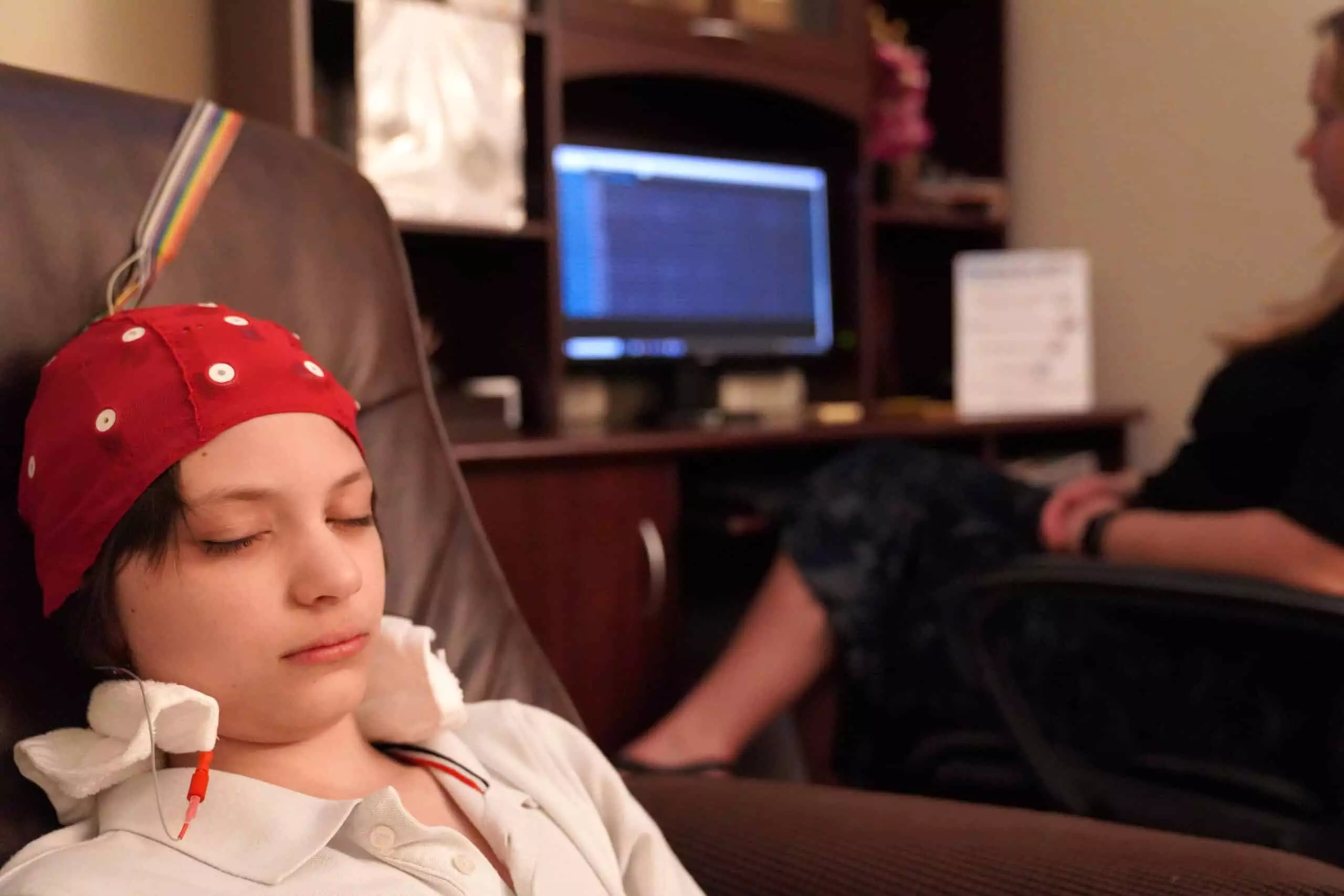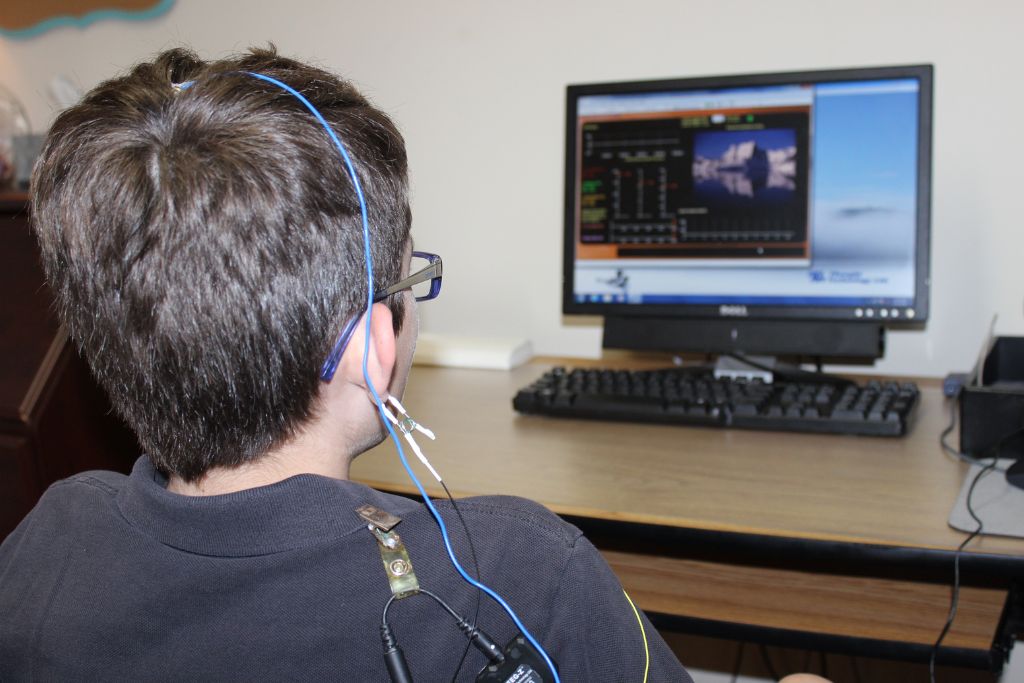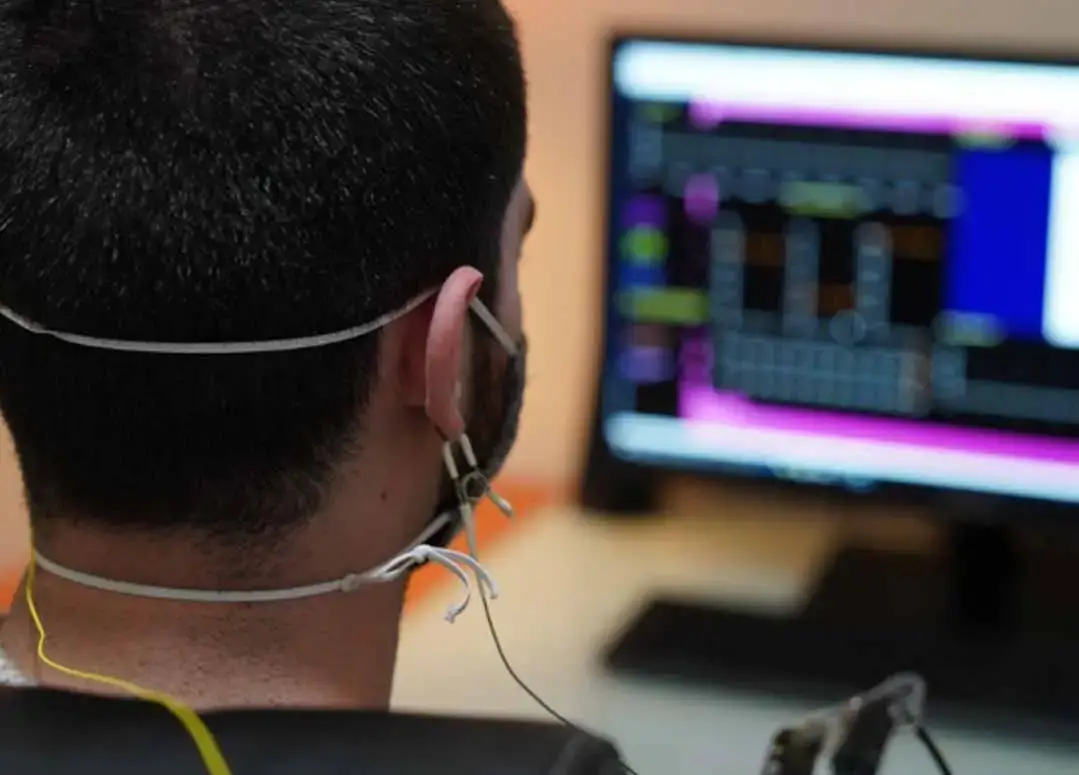
How Neurofeedback Works: Teaching Your Brain to Ride a Bicycle
Looking at how neurofeedback works means thinking about ways you’ve learned when you didn’t even realize you had absorbed the information. Think back to being a kid and learning how to ride a bike. You didn’t do anything other than try to balance. Eventually, your body figured out what needed to be done to keep yourself upright.
Your brain can totally do the same thing. When looking at how neurofeedback works, it really is like teaching your brain how to ride a bicycle by using a simple process of reinforcing the subconscious brain to change itself.










